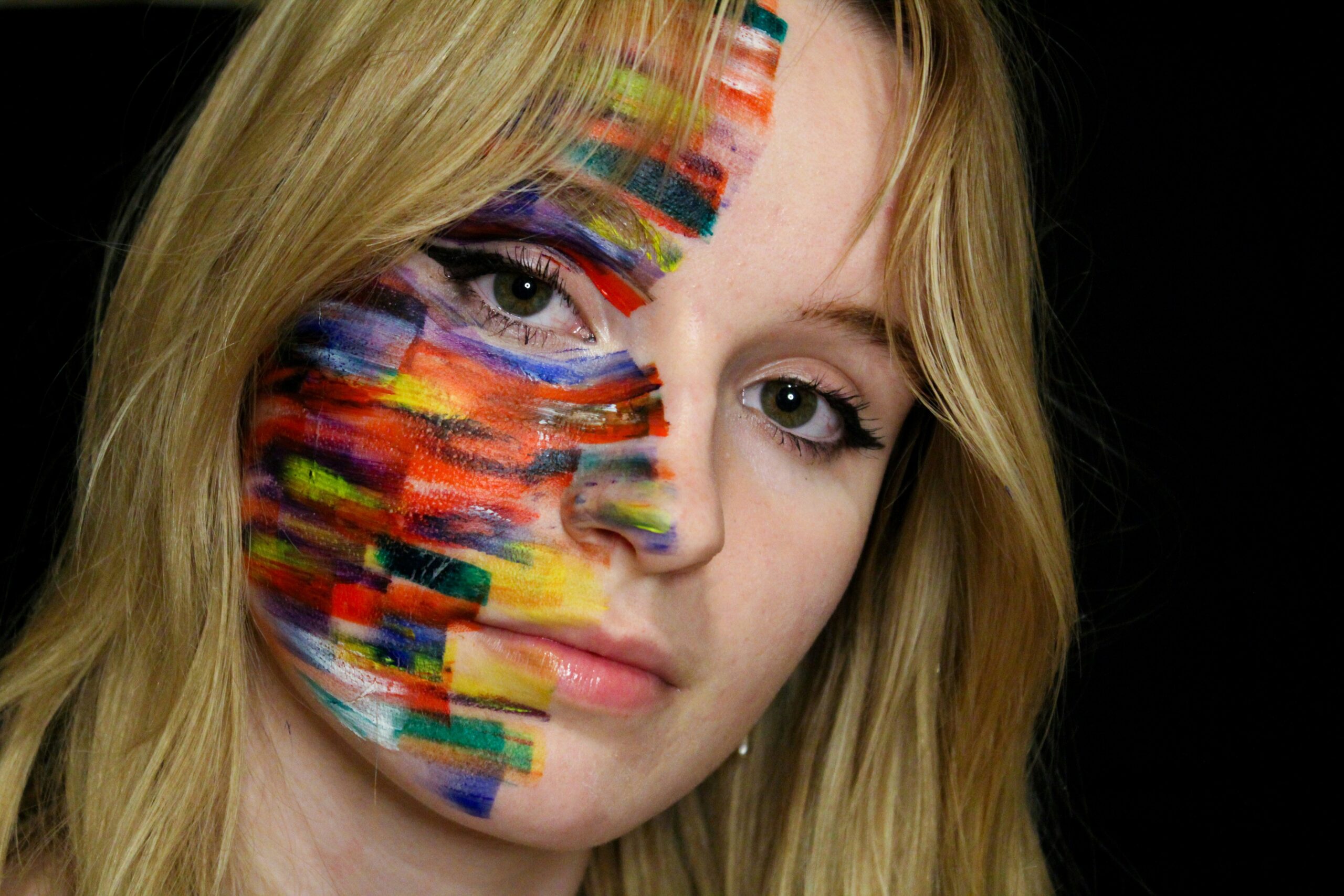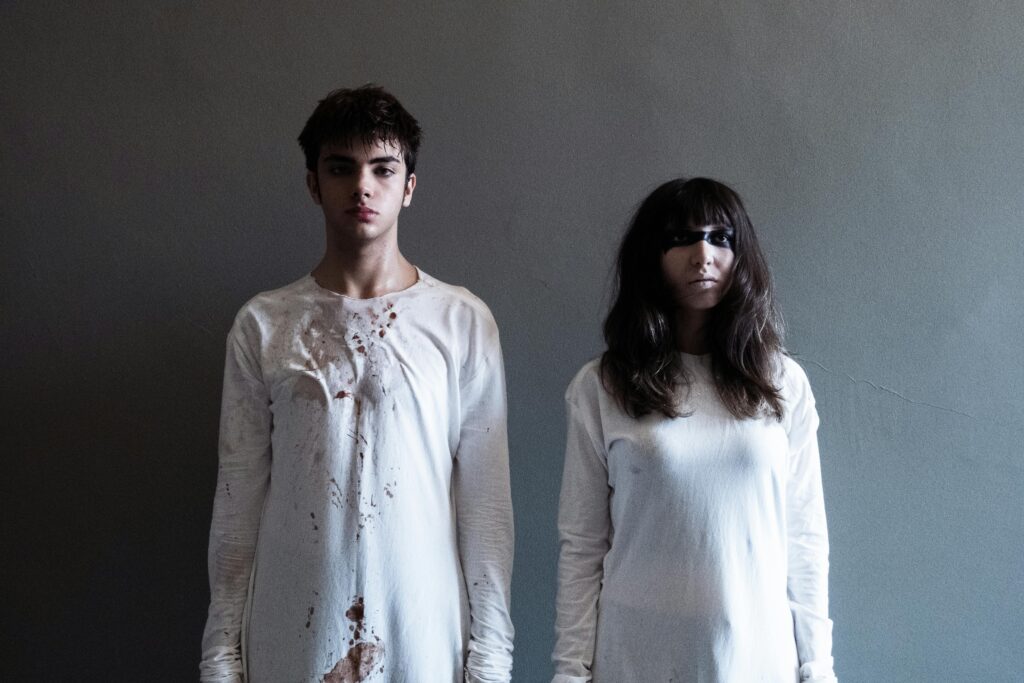Ever stared at a stunning editorial photoshoot and wondered, “How the heck did they create that jaw-dropping artistic face paint?” Yeah, us too. Editorial makeup isn’t just about blending foundation or perfecting winged eyeliner—it’s an art form where creativity takes center stage. But here’s the kicker: achieving those bold editorials requires more than just talent; it demands technique, tools, and a whole lot of patience. Ready to dive into the world of artistic face paint? Let’s go!
Table of Contents
- What Is Editorial Makeup (and Why Does It Matter)?
- Step-by-Step Guide to Creating Stunning Artistic Face Paint
- Best Practices for Flawless Artistic Face Paint
- Case Studies: Inspiring Examples of Creative Face Paint
- FAQs About Artistic Face Paint
Key Takeaways
- Editorial makeup is all about storytelling through artistic face paint.
- Use high-quality brushes, pigments, and primers for vibrant results.
- Practice blending, layering, and symmetry techniques to elevate your designs.
- Experiment with unconventional tools like sponges or stencils for unique textures.
- Avoid rushing—the best artistic face paint often takes time and precision.
What Is Editorial Makeup (and Why Does It Matter)?
Imagine flipping through Vogue and landing on a spread featuring a model whose face looks like a surreal work of art. That’s editorial makeup in action—a style designed not for everyday wear but for creating visual impact in fashion campaigns, magazines, and avant-garde projects. The magic begins when you combine makeup with artistic face paint.
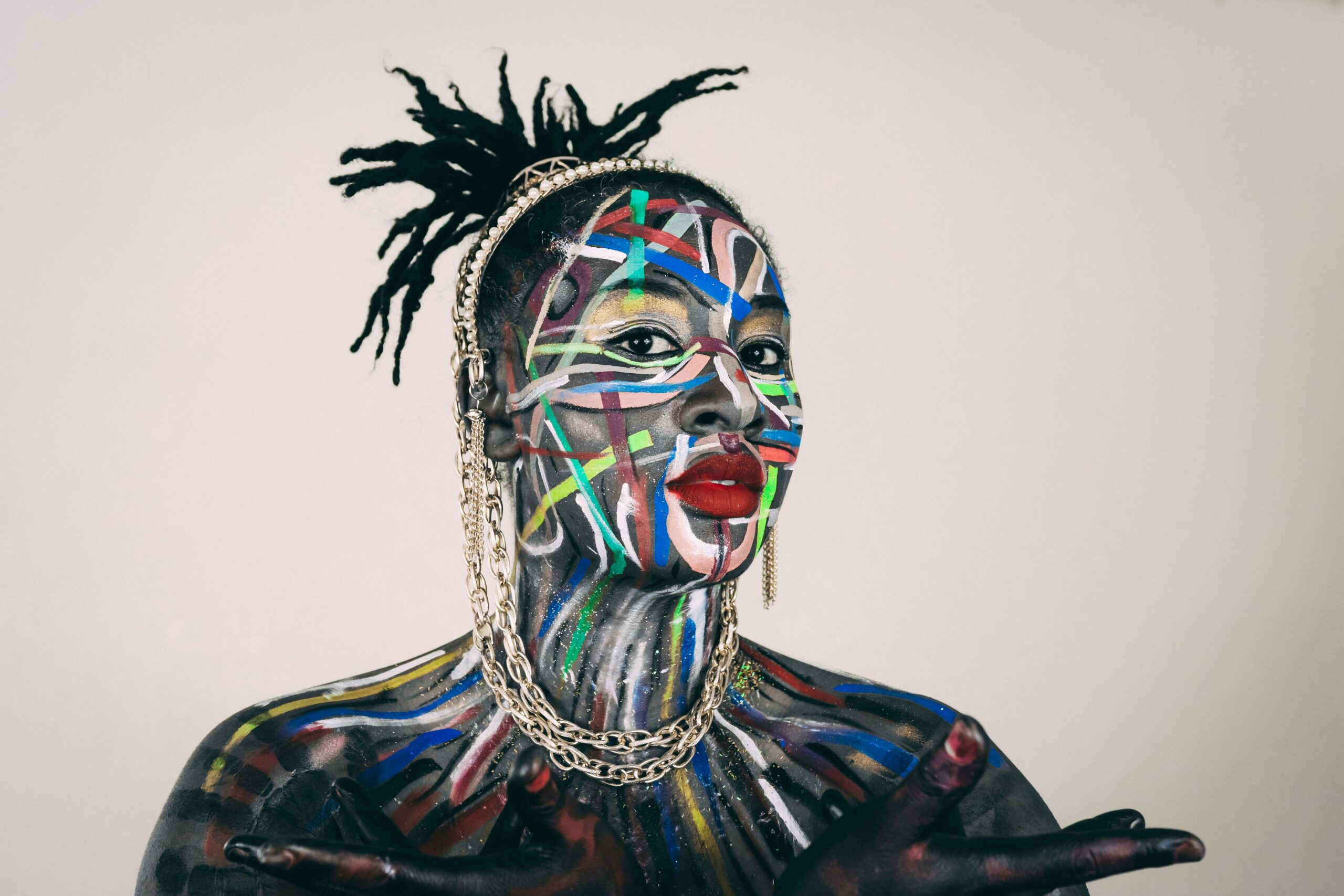
But let’s get real: mastering this technique can feel intimidating. I remember attempting my first abstract design using cheap nail polish as paint—spoiler alert: it flaked off faster than my confidence. If only I’d known then what I’m sharing now.
Step-by-Step Guide to Creating Stunning Artistic Face Paint
Optimist You: “This will be easy!”
Grumpy You: “Easy? Sure… if you’re secretly Picasso.”
Step 1: Prep Your Canvas
Start with clean, moisturized skin. Apply a primer to ensure your artistic face paint adheres smoothly and lasts longer. Skipping this step? Chef’s kiss goodbye to longevity.
Step 2: Sketch Your Design
Grab a white eyeliner pencil or concealer pen to lightly sketch out your idea before committing to full-on color. Think of it as doodling—but way cooler.
Step 3: Choose Your Colors Wisely
Select highly pigmented paints (like water-based theatrical makeup). For example, brands like Mehron or Ben Nye are top-notch choices for editorial projects. Pro tip: Always test colors on your hand first—they might look different under studio lights.
Step 4: Layer Like a Boss
Work in thin layers, allowing each coat to dry slightly before adding another. This approach prevents smudging and ensures sharp lines.
Step 5: Add Finishing Touches
Once your masterpiece is complete, set everything with a translucent setting spray. This locks in the design while giving it that professional finish.
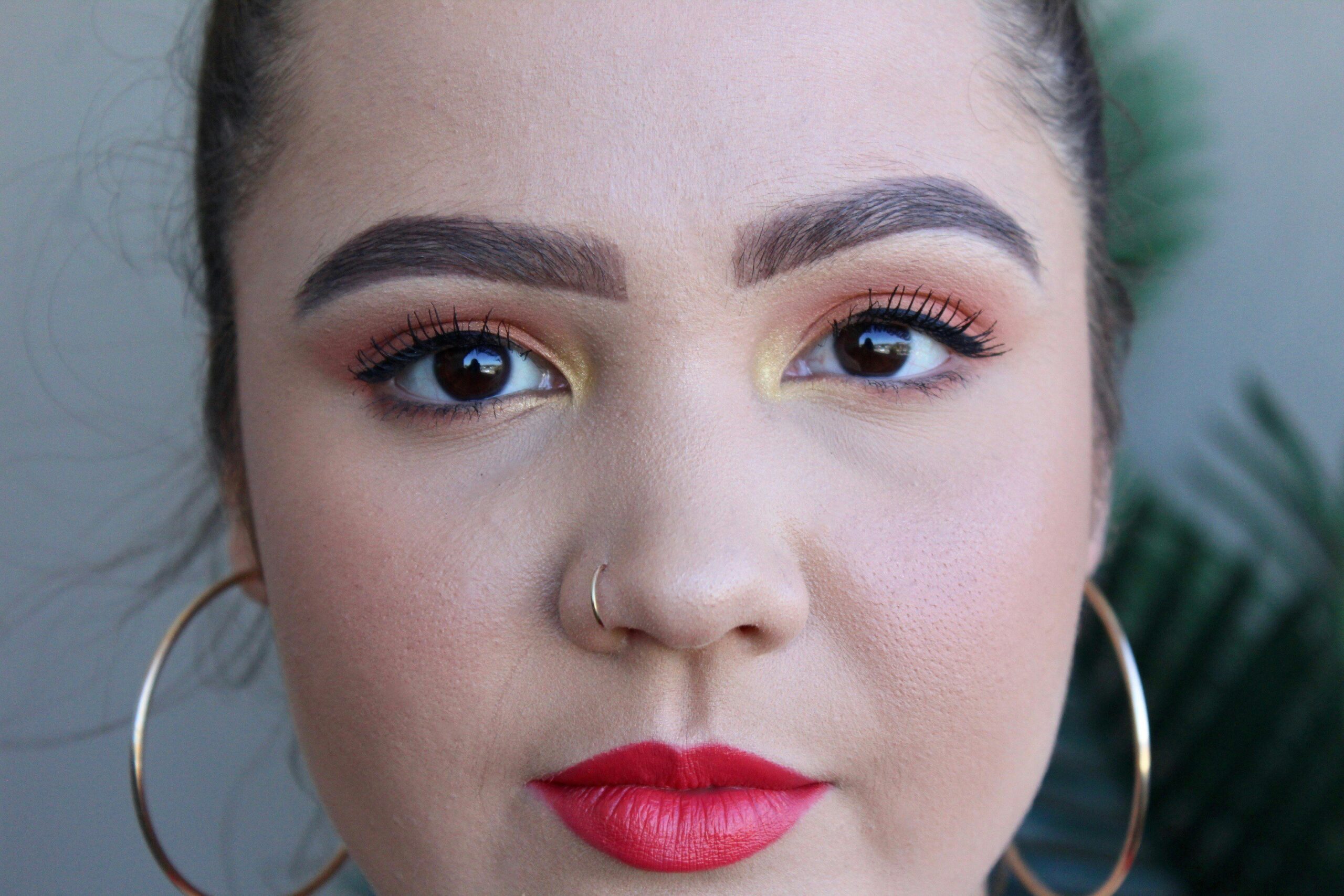
Best Practices for Flawless Artistic Face Paint
1. Invest in Quality Tools: Cheap brushes? Terrible idea. They’ll ruin even the most brilliant ideas.
2. Embrace Symmetry (or Not): While symmetry adds elegance, asymmetrical designs scream edgy creativity.
3. Hydrate Often: Keep hydrating mists nearby to refresh the skin without disturbing the paint.
4. Clean as You Go: Mistakes happen fast, so keep cotton swabs handy for quick fixes.
Rant Warning: Can we talk about people who use glitter glue instead of actual adhesive glitters? It’s like using ketchup on filet mignon—just don’t do it!
Case Studies: Inspiring Examples of Creative Face Paint
Case Study #1: Alexander McQueen’s Show Stoppers
McQueen’s runway shows are legendary for their avant-garde editorial makeup. One standout piece featured tribal-inspired geometric patterns that left audiences speechless.
Case Study #2: Rihanna’s Fenty x Savage Campaign
When Riri dropped her lingerie line campaign showcasing bold artistic face paint alongside fierce poses, she proved editorial makeup could redefine marketing strategies.
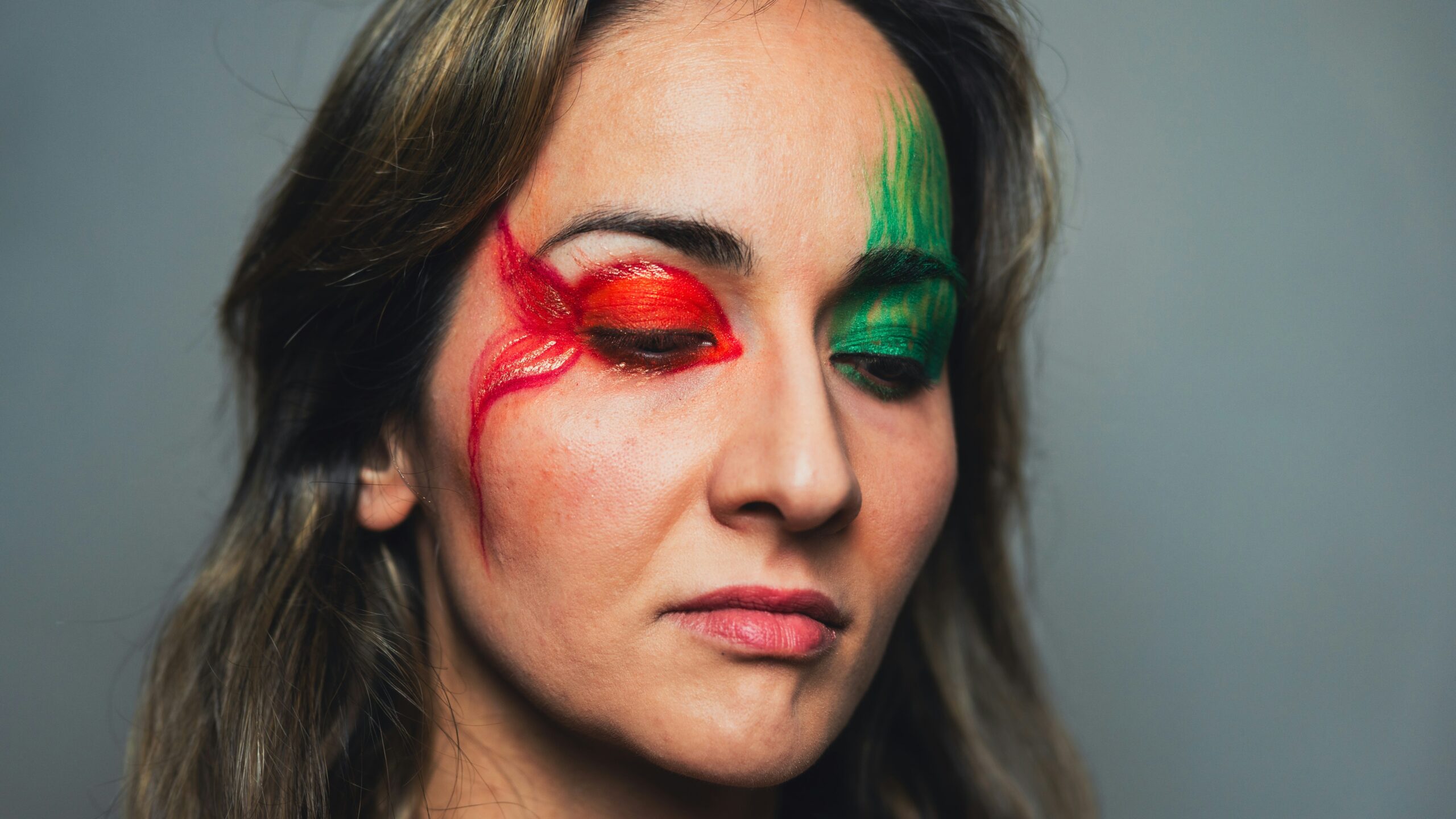
FAQs About Artistic Face Paint
Q: Do I need formal training to master editorial makeup?
Absolutely not! While training helps, many successful artists are self-taught. Start experimenting—you’ll improve over time.
Q: How long does it take to create a detailed artistic face paint design?
Simple designs may take 30 minutes, while complex ones can require hours. Patience pays off big-time here.
Q: Are there any products I should avoid for sensitive skin?
Steer clear of alcohol-heavy formulas and synthetic dyes. Opt for hypoallergenic options whenever possible.
Conclusion
In the world of beauty and skincare, nothing screams creativity louder than mastering artistic face paint. From prepping your canvas to adding those final touches, every step counts toward creating show-stopping designs. So grab those brushes, channel your inner artist, and embrace the chaos—and remember, mistakes are just part of the journey.
Like a Tamagotchi, your skills demand daily care. Happy painting!
